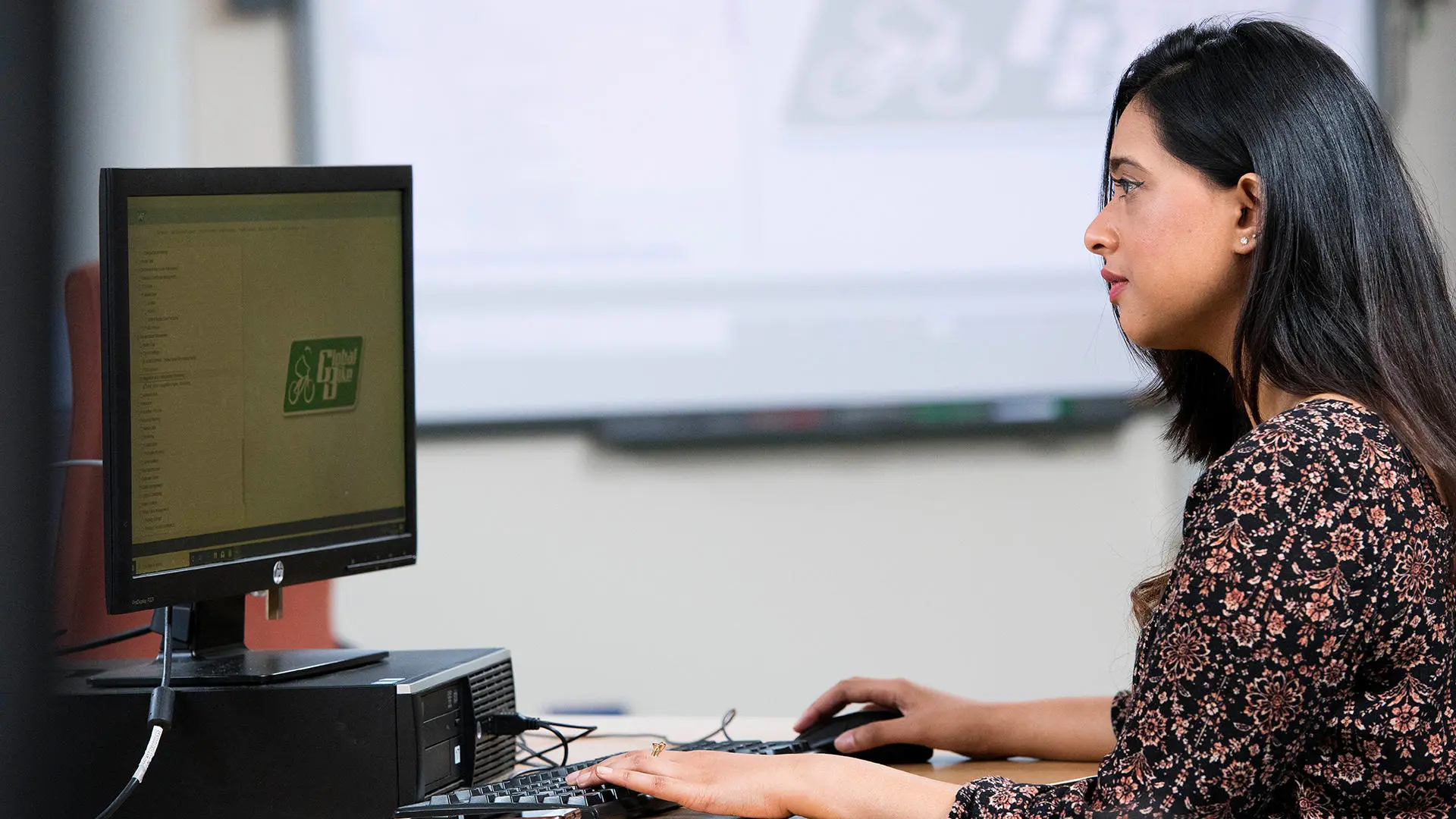Accountancy is required in businesses across the world, so your skills will be in demand and well paid for.
And if in the future you want a change, an accountancy qualification will allow you to move into different areas of the financial sector. That includes banking or forensic accountancy, where you discover and investigate financial crimes.
Find out how to become an accountant.
Why choose accounting?
Accountants are always in demand, with almost all businesses needing one. Your role would include handling financial information and using this to inform business decisions.
You can be a non-chartered accountant or complete further qualifications to become a chartered accountant. The Institute of Chartered Accountants of England and Wales (ICAEW) state that a chartered accountant can earn an average salary of £134,000.
What is a chartered accountant?
A chartered accountant is more qualified and experienced than a non-chartered accountant. To gain chartered status, you have to complete a professional qualification. This involves several exams plus industry experience. Being a chartered accountant therefore means you can handle more complex accounting problems and earn a higher wage.
An accounting degree can count towards a professional qualification, exempting you from certain exams. This will allow you to become a chartered accountant sooner.
Do I need a degree?
An accounting degree can help you to become an accountant, although it is not necessary. You can go straight into business or you can complete a professional qualification to become a chartered accountant. Your degree can count towards this to help you qualify sooner. Just make sure you choose a degree that is accredited by the ACCA, CIMA or ICAEW.
Our Accounting & Finance BA (Hons) will equip you with a strong understanding of accounting and finance, and its role within business. You can also do a year in industry to put your knowledge into practice. When you graduate, you can go straight into business or complete a professional qualification to become a chartered accountant. This course is accredited by the ACCA, CIMA and ICAEW.
We also offer an Accounting & Financial Studies BA (Hons) degree. You will develop your business, accounting and financial skills. You can also complete a year in industry to build your professional skills and gain experience. This experience can count towards a professional qualification.
What professional qualifications do I need?
You will need to complete a professional qualification to become a chartered accountant. You can choose from a number of organisations below:
Can I become a non-chartered accountant?
You can still work as a non-chartered accountant for many smaller or medium-sized businesses. Some of the ways to become a non-chartered accountant include:
We hope this has helped you understand how to become an accountant. Whilst it can take a while to become a chartered accountant, the rewards are high. Knowing where you want to go can help you decide what steps to take now.

